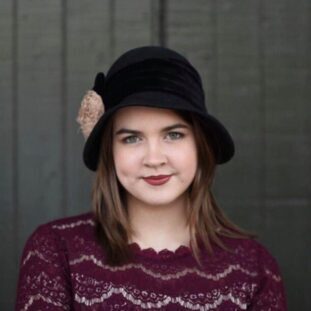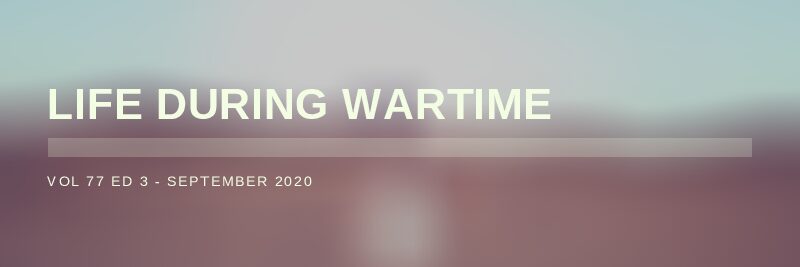
President Brendan B. Kelly joined UWG during the initial two-week suspension of classes last Spring when COVID-19 first hit. Since then, he has made numerous video messages to communicate and encourage faculty, staff and students during the pandemic. He has also enforced several COVID-19 guidelines in ensuring the safety of UWG students. Thankfully, he does not make these decisions alone because there is a hierarchical process. By understanding this process, students can equip themselves with the knowledge to feel safe and secure. They can know decisions are being made based on current scientific research instead of just being enforced for the sake of political gain.
“In complex organizations, decisions are made with input from the experts and thought-partners at the state and federal levels, including the University System of Georgia, as well as at the university level,” said Kelly. “All decisions on how to most effectively operationalize the guidance we have received from guiding agencies have been made through a collaborative effort involving all of these entities and, at our university, with input from students, faculty and staff.”
Informed guidance comes from several agencies with scientific expertise and/or experience with COVID-19 preparedness and response. These agencies include the Centers for Disease Control and Prevention, the Georgia Department of Public Health, the University System of Georgia and the Office of the Governor of Georgia. After UWG receives this guidance, members of the UWG COVID-19 Response Team consult with the president of the university to make final guideline decisions. The Response Team is composed of faculty and staff from across the university’s divisions.
Aside from the decision making process for COVID-19 guidelines, there are also concerns regarding the potential of the university to completely shut down again. This disruption would once again change how students must operate in an educational environment. It would also impact the way students did their jobs on campus, if they could still work at all. However, UWG has shown adaptability that lowers the probability of completely shutting down.
“Based on our first few weeks, I am hopeful and optimistic that we will continue with dual modality for the balance of the semester,” said Kelly. “We have proven we can adapt to changing circumstances over the past six months.”
One message Kelly has emphasized over the course of the pandemic is the importance of UWG’s ability to adapt. Students have had to relearn how to learn. Teachers have had to relearn how to teach, and leaders have had to relearn how to lead. One of those leaders is Kelly himself.
“Like all of us, I have had to adapt to quite a bit of change in a short amount of time,” said Kelly. “Starting as the university’s president during the two-week suspension of instruction in the spring required me to adapt the way I work and how I communicate with constituents throughout the institution immediately.
“For instance, I continue to communicate broadly through video in order to meet people where they are,” continued Kelly. “We have adapted—and will continue to adapt—each and every day as the circumstances change.”
As the Talking Heads chorus cries out, “This ain’t no party/this ain’t no disco/this ain’t no fooling around.” Those words are inescapable much like this pandemic, where hope, optimism and adaptability are essential to escape the panicky void of the pandemic mind, and that is exactly what Kelly wants UWG to cling to—hope.
“Over the past five months, I have found the University of West Georgia—and the communities to which we are in service—to be a truly special place: one filled with optimism and hope for the future,” said Kelly. “I believe we as a university will emerge from these circumstances more agile, more responsive to students’ needs and certainly more adaptable to a changing world.”
You may also like
-
UWG Welcomes Alum Brian Nunez as Keynote Speaker for 41st Annual MAP Awards
-
UWG’s Student Activities Council Hosts the Spring Festival of Colors, Celebrating Culture and Community
-
Georgia Power Donates $25,000 to UWG’s Student- Run PR Firm, bluestone
-
Le Mépris and the Horizons UWG French Film Festival: Living West
-
UWG Hosts All-Majors Career and Internship Fair Helping Students Network with Employers: Living West
